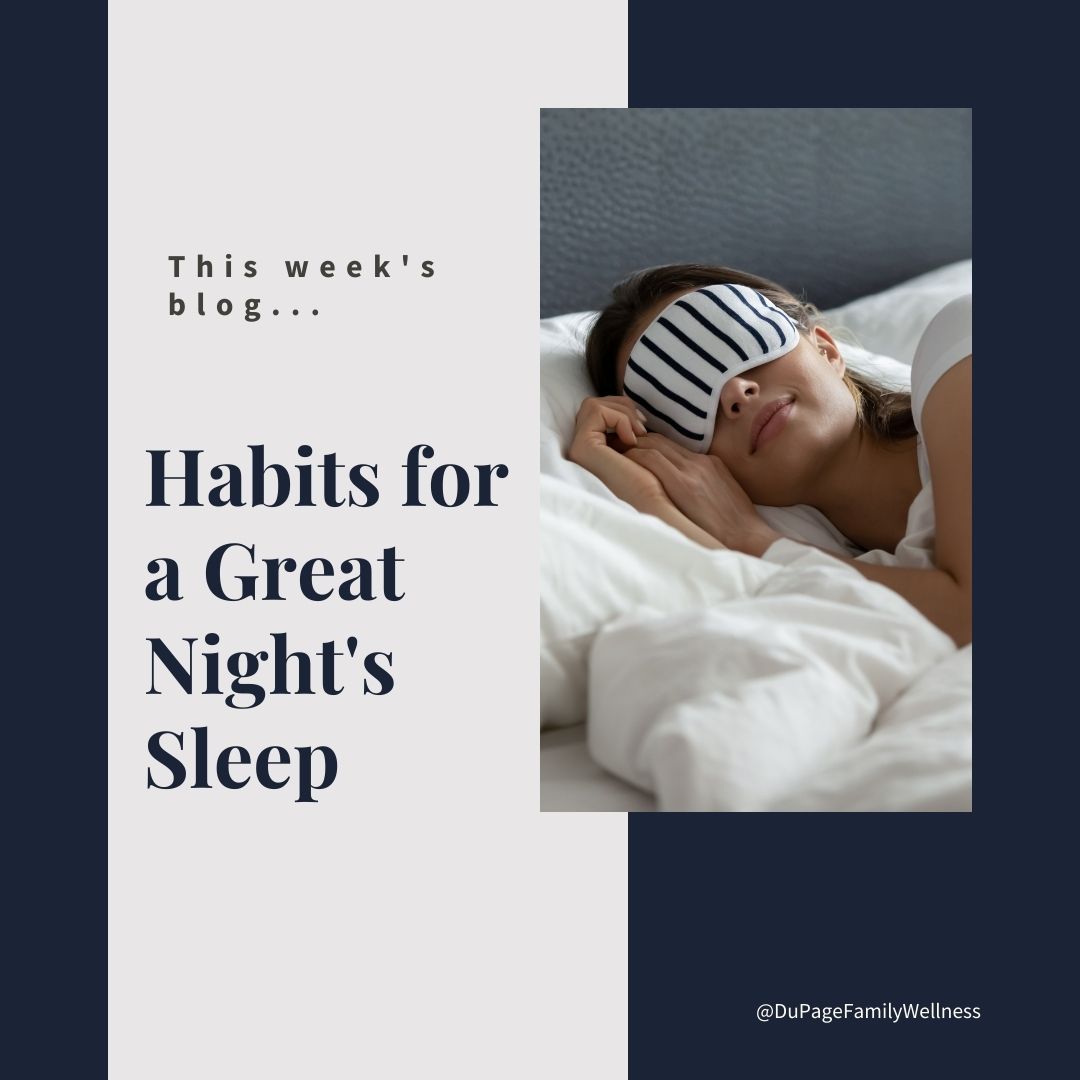 Between work, activities, and family, life can feel pretty overwhelming!
Between work, activities, and family, life can feel pretty overwhelming!
You may feel like there aren’t enough hours in the day, so there simply isn’t time to get a good night’s sleep. But sleep is one of the most fundamental functions we do each day.
Without good sleep you will not only feel terrible, but you will begin to damage your body.
So, how do you get a good night’s sleep when you have so much on your plate?
Let’s dive into that question and see what we can do to increase the quality of our sleep.
A Quick Reminder
Sleep hygiene is really important, but no amount of sleep hygiene will help if you don’t allow enough time for sleep!
Research has shown that the average person needs anywhere from seven to nine hours of sleep per night. This varies from person to person, so if you haven’t done the exercise from last week’s blog you may want to.
Your Exposure to Light
Circadian rhythm and the sleep/wake cycle can really be affected by light. Most people think this means making sure your room is dark when you go to sleep, but there is more to it than that.
Your light exposure matters from the moment you get up in the morning. Research has shown that getting bright light in the morning is the most important habit in getting a good night’s sleep. The morning light helps reset your circadian rhythm, setting you up for a good night’s sleep.
If you are in an area that doesn’t have a lot of natural light in the morning you can use a light machine in replace of the sunshine. It won’t give you all the health benefits, but it is a good alternative when necessary.
Other factors involving light include minimizing the use of screens for three hours before bedtime. If you are going to be on a screen blue light glasses and programs like F.lux can help reduce the blue light that you are exposed to. Dimming the lights for a while before you go to bed can also be a good signal to your body.
Once you are ready to get in bed, cover all the artificial lights and limit the natural light from outside with room darkening curtains. An eye mask can be a useful tool to keep things as dark as possible.
Your Movement
Moving your body throughout the day is another important aspect of getting adequate sleep. In addition to exercise, it is important not to be sedentary throughout the day. Take the stairs, use a standing desk, take time to stretch, etc.
Your Evening Eating
It’s important to pay attention to how you feel when you eat a heavy dinner or a snack before bed. While generally, it is beneficial to go to bed neither overly full nor hungry, your body is unique. Some people will sleep better with a lighter dinner and some people may find that a bedtime snack helps.
Making sure your diet isn’t too low carb or low fat, can help as well. Dr. Kristen Allott recommends keeping a “lizard brain treat” by your bed at night. This type of snack would include fat and a small carbohydrate.
According to Allott, “A Lizard Brain Treat is a snack of sugar (a quick fuel) and protein (a longer lasting fuel). You want the quick fuel to get to your brain almost immediately, which will start to reduce the adrenalin… Following this with protein extends the amount of time you’re in your responsive cortex brain, before needing to re-fuel.”
For ideas of what a lizard snack looks like, check out her website.
Your Caffeine and Alcohol Consumption
Having caffeine or alcohol can have a profound effect on sleep. Both of these interfere with your circadian rhythm. Limiting your coffee or soda, especially later in the day will help you sleep better at night.
Your Stress
Most of us run around all day without much of a break or even time to simply breathe. When we look at our stress levels it makes sense that we would have trouble sleeping. Learning some stress management techniques will help you handle the stress you are under and set you up for a good night’s sleep.
Everyone de-stresses in a different way. Find out if deep breathing, meditation, yoga, or even getting together with friends helps you handle stress in a healthy way. Effectively handling your stress will be crucial when trying to get good sleep.
Your Room
Most people think about the atmosphere in their bedroom when they think of sleep hygiene. While it isn’t the only piece, it certainly is an important one. Try to...
- Only use your bedroom for sleep and sex.
- Control the temperature of the room (often a cool temperature is best).
- Get a comfortable bed
- Keep the noise level (unless it is a noise machine or fan that you enjoy sleeping by).
What can you do today to increase the quality of your sleep? Do you need to work on getting morning light or darkness at night? Do you need to work on your evening eating or keep a “lizard treat” by your bed? Let me know what you try and how it works for you!
Dr. Jamie
